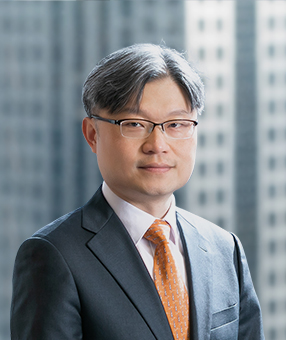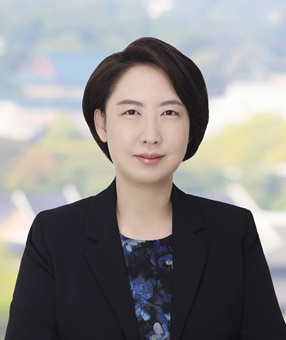Can artificial intelligence (AI) be an inventor? With the rapid advancement of AI technologies today, this issue is being hotly debated in many countries.
The Korean Patent Act (KPA) defines an invention as a high level creation of a technical idea using the laws of nature (Article 2(1)), and that the "person" who creates an invention (or his/her successor) owns the right to obtain a patent on the invention (Article 33). The language of the KPA therefore suggests that an invention is the result of "personal" human intellectual activity, and that only a human being can be an inventor.
The Korean Intellectual Property Office (KIPO) recently dealt with this issue in a Korean patent application which named an AI called "Device for the Autonomous Bootstrapping of Unified Sentience (DABUS)" as an inventor. The invention was originally filed under the Patent Cooperation Treaty (PCT) as an international application, and then entered the Korean national phase on May 17, 2021. Although details of the examination of the application are not yet publicly available, KIPO issued a press release in January 2023 indicating it had dismissed the application filing without review (i.e., it did not initiate examination of the application) on the basis that it identified an entity that was not a natural person as an inventor and thus failed to meet filing formality requirements. The press release added that there had been no substantive assessment as to whether the invention actually was created by the AI. The dismissal of the application was appealed to the Seoul Administrative Court in December 2022, and is now pending.
This patent application was filed pursuant to the Artificial Inventor Project, headed by Stephen Thaler, as one of a series of test cases filed worldwide "seeking intellectual property rights for AI-generated output in the absence of a traditional human inventor or author," according to the project website. Mr. Thaler has filed national phase patent applications in over ten countries based on the above PCT application. Some of the cases (including EU and Australia) resulted in final decisions that AI cannot be an inventor, while other cases (including the U.S., U.K., Germany) are currently pending at the highest courts in those jurisdictions.
In its press release, KIPO indicated it would keep an eye on the decision by the Seoul Administrative Court as well as decisions in other countries, and would seek to establish an appropriate system for handling AI-related IP issues in harmony with the international community.
Creative works by AI have also raised copyright issues in Korea. The Korea Copyright Commission published its position on AI-created works on their website in November 2022. The Commission expressly states that AI cannot be an author or a copyright holder, and AI-created works cannot be copyrightable, citing to Article 2(1) of the Copyright Act that "a copyrightable work is a creative work expressing a human's spirit or emotion." Similarly, the Korea Music Copyright Association has determined that copyright royalties need not be paid for musical works generated by AI because the works are not copyrightable, referencing the same copyright statute. Similar copyright issues seem to have been raised in other countries as well.
In view of the rapid advancement of AI as reported in the news recently, an answer to the question of whether works generated by AI are entitled to intellectual property protection seems inevitable. We would expect Korean laws and regulations on intellectual property protection to be revised in the near future based on how the international community responds to this issue, and will continue to monitor for any relevant developments in this area.
Related Topics






